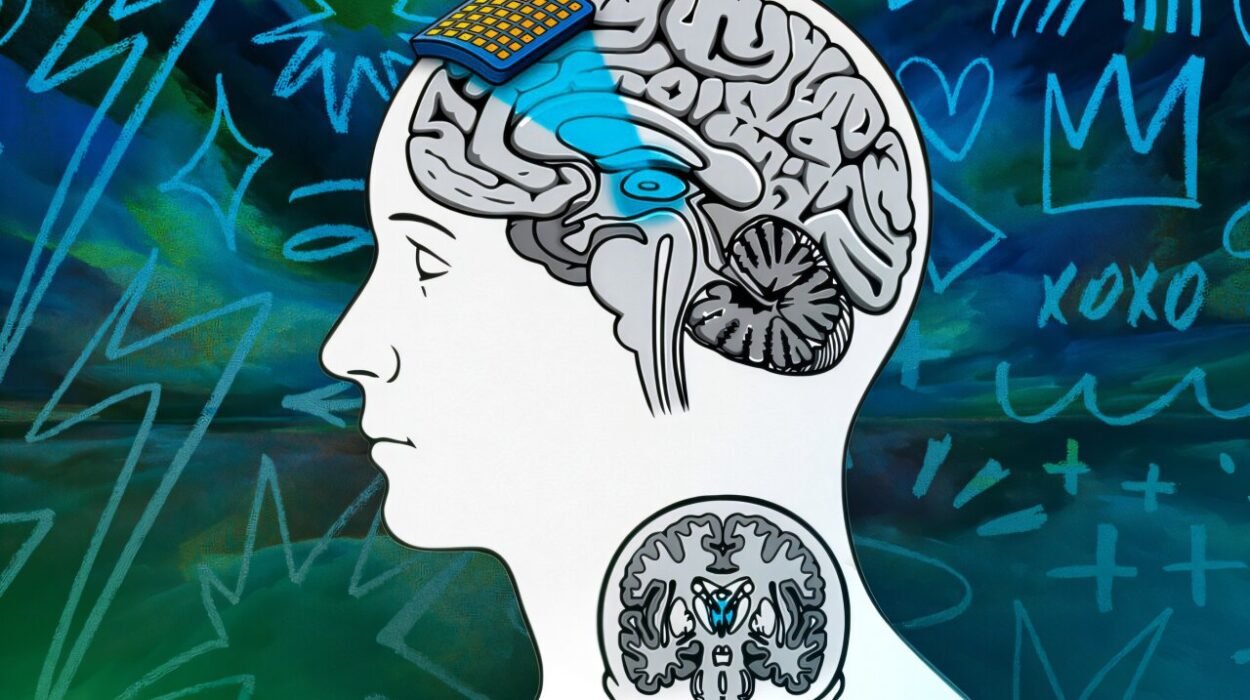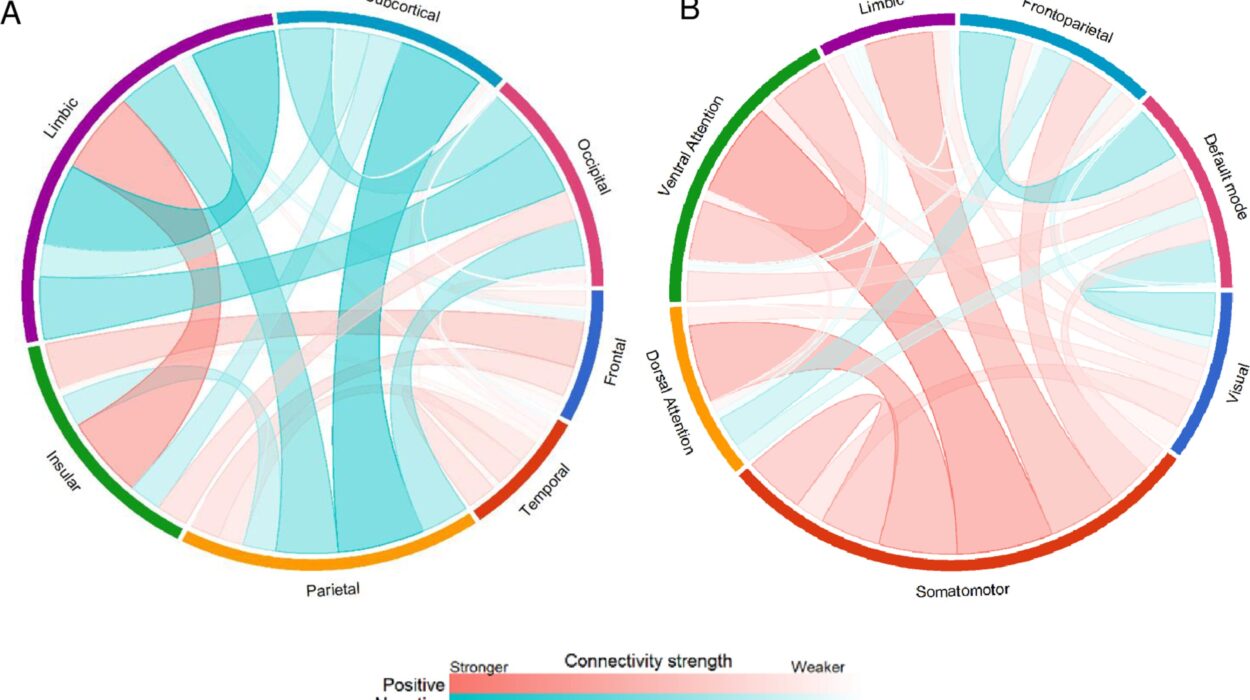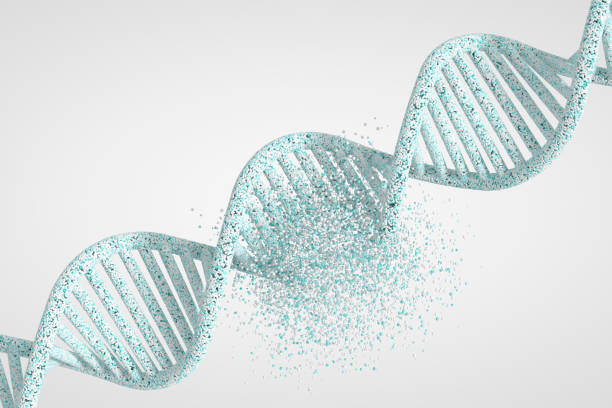Pregnancy is one of life’s most transformative journeys. With each passing day, your body creates and nurtures a brand-new human being. It’s awe-inspiring, powerful, and—let’s be honest—sometimes overwhelming. From food cravings to backaches to the roller coaster of emotions, the nine months of pregnancy can feel like a beautiful, chaotic symphony. In the middle of it all, one question often echoes in a mother’s mind: How can I stay healthy and fit while growing my baby?
The answer is not about rigid diets or exhausting workouts. It’s about learning how to tune into your body’s wisdom, care for your changing needs, and strengthen your mind and muscles for one of the biggest moments of your life: childbirth. Staying healthy and fit during pregnancy doesn’t mean pushing yourself to the brink—it means listening, adjusting, and honoring what your body is asking for.
Let’s explore how to do just that.
Understanding the Pregnant Body: A Miracle in Motion
Pregnancy triggers an extraordinary series of physical changes. Hormones surge. Blood volume increases. Your uterus stretches, your joints loosen, and your heart works harder than ever. It’s a 24/7 job your body takes on, and it deserves your attention and support.
But here’s the surprising part: while pregnancy is a time of rest and recovery in some ways, it’s also an opportunity to become stronger, more resilient, and more attuned to your health than ever before. Every walk, every stretch, and every healthy bite you take becomes an act of nourishment—not just for your baby, but for yourself.
Exercise during pregnancy, for instance, helps with posture, energy levels, and sleep. It reduces the risk of gestational diabetes and even helps prepare your muscles for labor. Eating well supports your baby’s development and keeps your immune system strong. Staying mentally fit builds resilience to handle the stressors that come with motherhood.
The more you understand your pregnant body, the more confident and empowered you’ll feel to support it.
Nourishing from Within: Eating for Energy and Baby’s Growth
When you’re pregnant, food becomes more than fuel—it becomes the construction material for a tiny, developing human. That doesn’t mean you need to eat perfectly every day, but it does mean that what you eat can directly impact how you feel and how your baby grows.
It’s not about “eating for two” in the way we often imagine. The second person you’re eating for is much smaller than you. What’s more important is what you eat, not how much. Whole, nutrient-rich foods like fruits, vegetables, lean proteins, whole grains, nuts, seeds, and dairy are powerhouses that help build your baby’s brain, bones, and immune system. Foods rich in folate, iron, calcium, and omega-3 fatty acids become particularly vital.
But let’s not ignore the cravings. Pregnancy can cause sudden urges for pickles, chocolate, or ice cream—and that’s okay. The key is balance. Satisfy your cravings mindfully while ensuring your body gets what it truly needs. You might discover new flavors or develop an unexpected love for vegetables. Embrace it. Your taste buds are on an adventure of their own.
Staying hydrated is just as important. Your blood volume is increasing to support your baby, and dehydration can sneak up fast. Water helps with digestion, reduces swelling, and keeps your skin glowing. Add a slice of lemon or cucumber for a refreshing twist.
Most importantly, give yourself grace. Some days will be salad days. Others will be macaroni-and-cheese days. A healthy pregnancy isn’t about perfection—it’s about consistency and care.
Moving with Purpose: Safe, Smart Exercise for Pregnancy
Gone are the days when pregnant women were told to “sit down and stay still.” Today, we know that movement is medicine, even during pregnancy. That said, your body is going through monumental changes, and the way you move needs to change with it.
The first step is to choose activities that feel good—not punishing. Walking is one of the best exercises for pregnant women: it’s low impact, boosts cardiovascular health, and can be done almost anywhere. Prenatal yoga strengthens your core, eases back pain, and helps you breathe through tension (very helpful when labor begins). Swimming offers full-body movement without pressure on your joints, and strength training with light weights builds muscle you’ll need for delivery and carrying your baby afterward.
Exercise during pregnancy can also improve your posture, reduce constipation, fight fatigue, and improve mood. It releases endorphins that help you feel better emotionally—something every pregnant woman can appreciate.
But here’s the golden rule: Listen to your body. If something doesn’t feel right, stop. If you’re dizzy, nauseous, or in pain, those are signs to slow down. Never push to the point of exhaustion. Pregnancy is not the time to break fitness records—it’s the time to build a supportive relationship with your body.
As always, speak to your healthcare provider before beginning or continuing any exercise routine, especially if you have a high-risk pregnancy or other medical concerns.
Mental and Emotional Fitness: The Often Overlooked Cornerstone
Physical health is only one part of the equation. Your mental and emotional well-being during pregnancy is equally important—arguably more so. The hormonal cocktail that comes with pregnancy can create a roller coaster of feelings. Joy, fear, excitement, anxiety, gratitude, and uncertainty often coexist in the same breath.
This is entirely normal.
But that doesn’t mean it should be ignored. Your mental health deserves just as much attention as your diet and exercise. Practicing mindfulness, meditation, or simply taking time for deep breathing can calm your nervous system and help you stay centered. Journaling can help you process the complex emotions of motherhood. Talking to a therapist, doula, or support group can give you space to vent, ask questions, and feel heard.
It’s also okay to grieve parts of your old life that are changing. Becoming a mother is an incredible expansion of your identity, but it’s also a transition. Give yourself permission to miss things, to be unsure, and to feel all the things.
Building a mental health toolkit during pregnancy helps lay the groundwork for postpartum wellness. Depression and anxiety can appear before birth, not just after. The more you build emotional resilience now, the more supported you’ll feel later.
Self-care isn’t selfish—it’s essential. Take naps. Set boundaries. Say no. Ask for help. Create space for joy. You’re not just preparing to welcome a baby into the world—you’re welcoming a new version of yourself.
Rest and Recovery: The Forgotten Pillar of Prenatal Health
There’s a hidden hero in every healthy pregnancy: rest. While we often glamorize productivity, the truth is, your body is already doing more work than it ever has. Growing a baby is an energy-intensive task, and your body needs downtime to recover and regenerate.
Getting good sleep can be tricky, especially as your belly grows and hormones shift. You might find yourself waking up frequently to pee, feeling uncomfortable in your favorite sleeping position, or battling pregnancy insomnia. While frustrating, these sleep changes are normal—and there are ways to support better rest.
Pillows become your best friend. A body pillow between your legs can ease back pain and help you find a comfortable side-sleeping position (sleeping on your left side is often recommended for optimal circulation). Creating a nighttime routine, limiting screens before bed, and avoiding heavy meals late in the day can also improve sleep quality.
But rest isn’t just about sleep. It’s about learning to pause, even during the day. Sit with your feet up. Take short naps if you can. Avoid overcommitting your schedule. Let your body be your guide. There is strength in stillness, especially when it’s deliberate and loving.
Body Image and Self-Compassion: Redefining Beauty
Your body will change in ways you never imagined—stretch marks, swelling, softness, roundness. These changes are not flaws; they are evidence of life in progress. Still, for many women, pregnancy can trigger complex feelings about body image.
We live in a culture that prizes control and “bounce back” narratives. But your worth has nothing to do with your size, shape, or how quickly you can wear your pre-pregnancy jeans. Pregnancy invites you to reframe beauty as functionality—to see your body not as an object to be judged, but as a vessel of love, strength, and creation.
Learning to appreciate your pregnant body might take time. Be kind to yourself. Compliment the parts of you that are working so hard. Thank your feet for holding you up, your belly for being home to your baby, your breasts for preparing to nourish life. Body acceptance doesn’t mean loving every part every day—it means respecting your body enough to care for it, even when it’s uncomfortable.
Surround yourself with positive voices: body-positive books, encouraging friends, and healthcare providers who support your holistic health. The more compassion you give yourself, the more confident you’ll feel moving through the ever-changing terrain of pregnancy.
Preparing for Birth: Fitness for the Finish Line
Pregnancy is not just about surviving nine months—it’s about training for birth. Think of childbirth as the most intense athletic event your body will ever face. The more you prepare your body and mind, the more empowered you’ll feel when the big day arrives.
Breathwork, pelvic floor exercises, hip-opening stretches, and squats can all help get your body ready. But mental preparation is equally important. Visualizing your birth, understanding the stages of labor, and exploring your options (from epidurals to home births) helps reduce fear and increase confidence.
It’s also wise to build your birth support team early. Whether it’s a partner, a doula, a friend, or a midwife, having people around you who understand your goals and values can make a huge difference. Take childbirth classes. Read evidence-based birth books. Practice decision-making in hypothetical scenarios so you feel more prepared.
And remember, there’s no “perfect” way to give birth. Every journey is different, and flexibility is key. The goal is not to control every detail, but to feel safe, informed, and supported—whatever path your birth takes.
The Postpartum Preview: Health Beyond the Hospital
Even though your pregnancy ends with birth, your health journey continues long after delivery. The postpartum period is often underestimated, but it’s a crucial time of recovery and rebirth—for both you and your baby.
Everything you do during pregnancy—eating well, staying active, managing stress, building support—lays the foundation for postpartum resilience. Your muscles will heal more easily. Your energy will return more quickly. Your mental health will feel more stable. Your immune system will stay stronger.
Preparing now also helps you build routines that carry over into motherhood. Maybe it’s a five-minute meditation. A daily walk with the stroller. A healthy breakfast habit. These rituals may seem small, but they become lifelines in the often chaotic early weeks of parenting.
You’re not just investing in your pregnancy—you’re investing in your future self.
Conclusion: A Journey of Strength, Not Perfection
Staying healthy and fit during pregnancy isn’t about checking off a list of tasks or achieving some mythical ideal. It’s about tuning in, not powering through. It’s about choosing nourishment, movement, rest, and self-love, over and over again, in ways that feel right for you.
There will be days when your ankles swell, your emotions spike, and your to-do list gets buried under fatigue. That’s okay. Each choice you make toward health—whether it’s a stretch, a smoothie, or a moment of silence—is a step toward a stronger, more vibrant you.
You are not just growing a baby. You are growing into a mother. That is its own kind of miracle.






